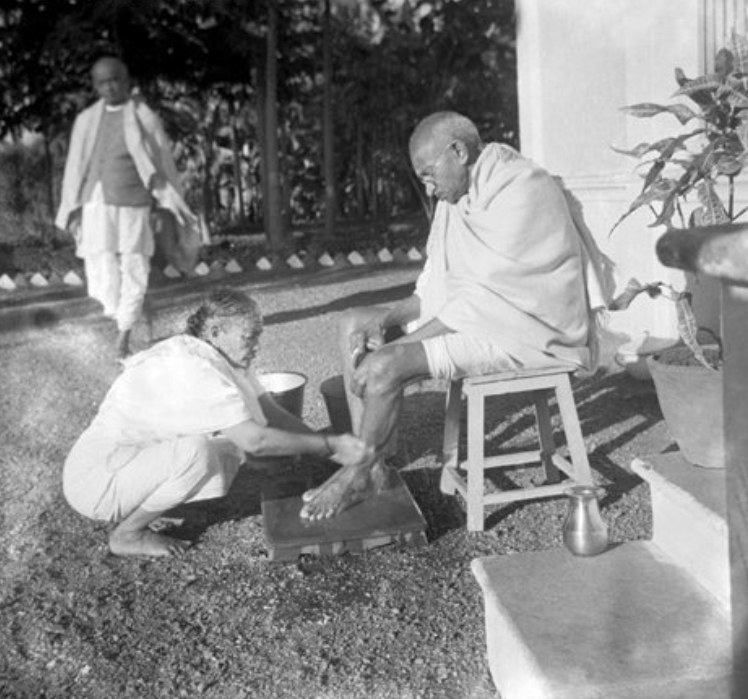The Cost of Dogma: Gandhi, Penicillin, and the Death of Kasturba

In February 1944, Kasturba Gandhi—wife of Mohandas Karamchand Gandhi—lay gravely ill in the Aga Khan Palace detention facility in Pune. Suffering from a severe case of bronchitis that progressed into pneumonia, her condition became critical. By that time, penicillin—a revolutionary antibiotic discovered in 1928 and in limited clinical use by the early 1940s—had begun saving lives across Europe and America. British doctors offered this very drug to Gandhi, urging its use to save Kasturba. Gandhi refused.
Instead of allowing a scientifically proven treatment, Gandhi chose to rely on prayer and traditional methods like goat’s milk and mud packs. The decision led to tensions within his own family; his sons, particularly Devdas Gandhi, implored him to accept penicillin. Gandhi remained adamant—declining on moral, philosophical, and spiritual grounds. He viewed suffering and death as tests of faith and divine will—something not to be interfered with by “modern” medicine in such moments.
This episode exposes the moral paradox that often accompanies spiritual absolutism. A man revered globally for his unwavering principles and civil disobedience against colonial oppression also denied his own wife a potentially life-saving intervention. His decision cost a life—not through violence, but through inaction justified by spiritual rigidity.
In philosophical terms, Gandhi’s choice reflects an extreme form of ascetic moralism, where individual conscience overrides empirical knowledge and collective medical advancement. While his life celebrated non-violence and ethical living, this episode raises critical questions about the limits of idealism. When does the sanctity of belief become a danger to life itself? At what point should personal philosophy yield to the ethical responsibility of preserving life through evidence-based science?
It is essential, especially today, to engage critically with history’s icons. To admire their contributions is not to sanctify their every decision. Science, unlike faith, does not demand reverence—it demands evidence, review, and improvement. Gandhi’s refusal to use penicillin on Kasturba stands not as a moment of spiritual nobility, but as a tragic lesson in the consequences of prioritizing belief over biology.
Let this be a reminder: dogma, no matter how principled, must never outweigh compassion supported by reason.
#Gandhi #KasturbaGandhi #MahatmaGandhi #GandhiControversies #IndianHistory #PhilosophyOfScience #EthicsAndFaith #MoralAbsolutism #Penicillin #MedicalEthics #HistoryOfMedicine #ScienceVsFaith #EvidenceBasedMedicine #PneumoniaTreatment #Rationalism #CriticalThinking #ScientificTemper #SecularHumanism #DogmaVsScience #SkepticalThinking #BlindFaith #LessonsFromHistory #EthicalDilemmas #SpiritualityVsScience #HealthDecisions #ControversialHistory #FamousFiguresUnderScrutiny
Leave a Reply Cancel reply